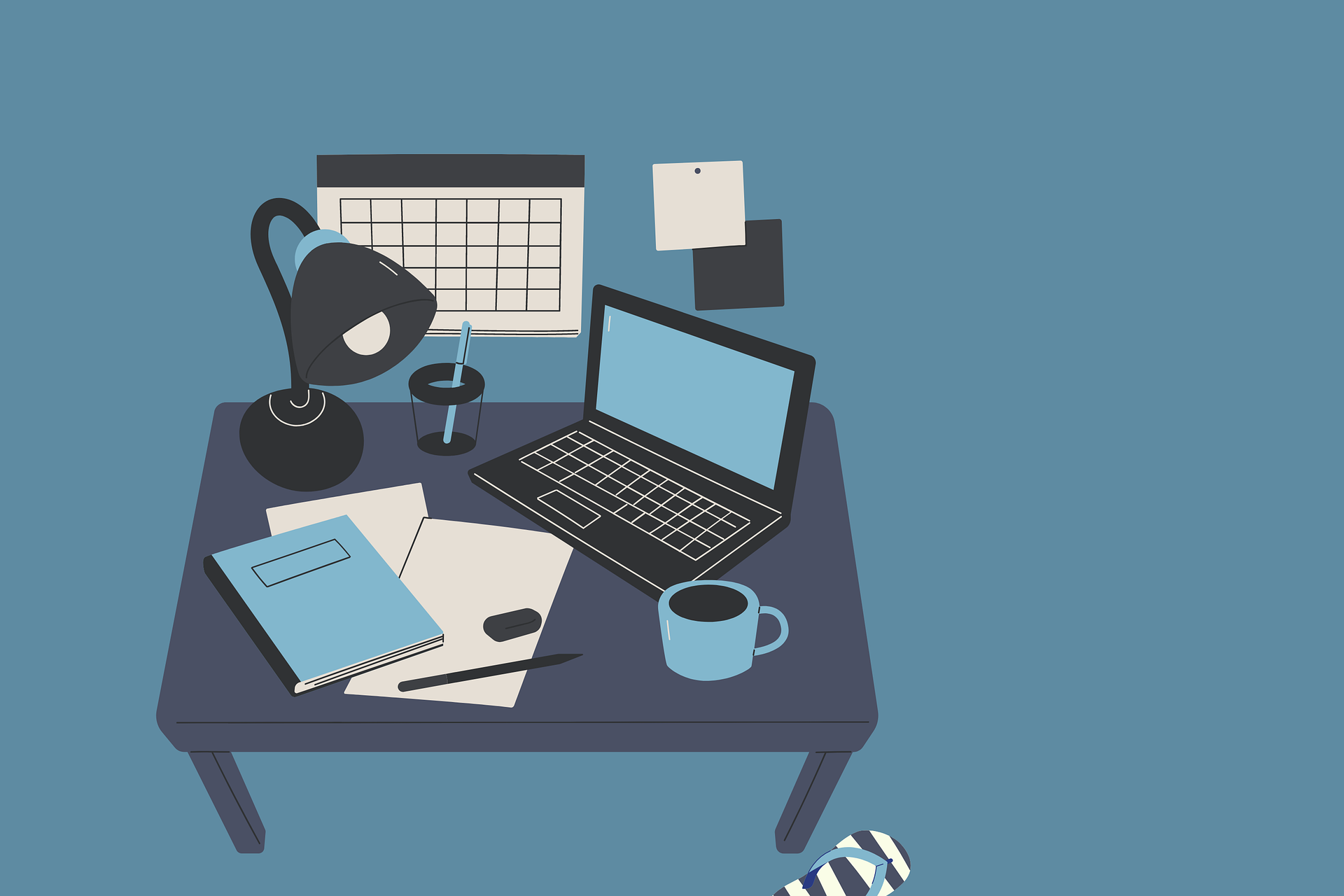Working practices during the pandemic - reflections from the CIPR Midlands Committee
By Saskia Courtney, Birmingham City University

Working from home has become the new normal for many within our profession, due to the impact of lockdowns and the changes this brought to how we do business during a pandemic. Professionals across the region, they may prefer the flexibility and the independence this brings.
Of course for some, this way of working wasn't actually new, for many PR practitioners already had flexible working arrangements. However, it is now more commonplace, and agencies and organisations alike have gained greater trust in their employees and internal procedures, to know that teams can work effectively in a blended approach of home and office working environments.
However, CIPR research discovered that nine in 10 PR professionals have struggled with their mental wellbeing during the past 12 months, in comparison to 65% of all UK workers. Furthermore, 95% of PR professionals believe their workplace has a role to play in looking after the mental wellbeing of employees. This is why having flexibility working approaches is important, to help those who may be struggling to adjust.
For example, 60% of employers felt improvements in their mental wellbeing after having taken time off and having the flexibility. "The industry must embrace the new world of hybrid working as an opportunity to deliver a better balance between work and life. Another way is not just possible, it's essential"- Alastair McCapra, CIPR Chief Executive.
To find out how PR practitioners adapted to the new ways of working, we spoke to Co-Chairs Aimee Postle and Kelly O'Hanlon and Not for Profit Champion and advocate, Katrina Wilcox, from the CIPR Midlands committee, and asked how they coped during the peak of the pandemic.
Aimee gave an insight into her day-to-day job and the working measures that changed due to the pandemic explaining that she has "enjoyed being able to work from home" with more "flexible arrangements". When working with a more flexible timetable, Aimee said "People do their best work when they have the autonomy to make the choices that are right for them."
As for her top tips on staying focused when working from home, Aimee suggested the following:
- Separate your day and spend different portions of your day on different roles
- Time chunking is a great way to manage your focus
- Focus on one thing at a time
Next, we spoke to Kelly, who explained that "it took some time to adjust, but I did enjoy having more time at home. It made things easier for me to juggle my various roles."
She reflected on how the original lockdowns had made people think more creatively about how to work and be productive. It was interesting to hear that both interviewees believe working with more flexible timetables doesn't impact their job roles and what they can get done in the time that they have. Kelly said that people were now adapting to "working smarter". She also indicated that "there's a greater emphasis placed on both internal and external communications for many organisations", and how this was certainly a positive outcome from an overall challenging period of time.
Kelly's top tips for successful home-working are:
- Plan your day around when you are most productive
- Recognise what is a help, and what is a distraction
- Don't pressure yourself to always be productive
Finally, Katrina shared how her "whole team adapted well to home working" having been given the option to either work from home full time or return to the office, adding "we have successfully onboarded a few new recruits remotely too".
Katrina's advice for making flexible working work:
- Celebrating all achievements and keeping engagement up
- Broadcasting live with Q&A's to keep one informed
- Keeping in touch with employee's
- Sharing clear goals and targets
We also asked Katrina's opinion about the effects of the pandemic on the PR industry, from a recruitment perspective. "Remote working has helped us attract a wider pool of candidates from across the country as there is no longer the expectation that employees in corporate facing roles, like ours and in PR, need to travel".
Change isn't always a bad thing, and it is clear that the CIPR Midlands Committee members, like so many colleagues across the region and profession, have found new ways to work smarter.